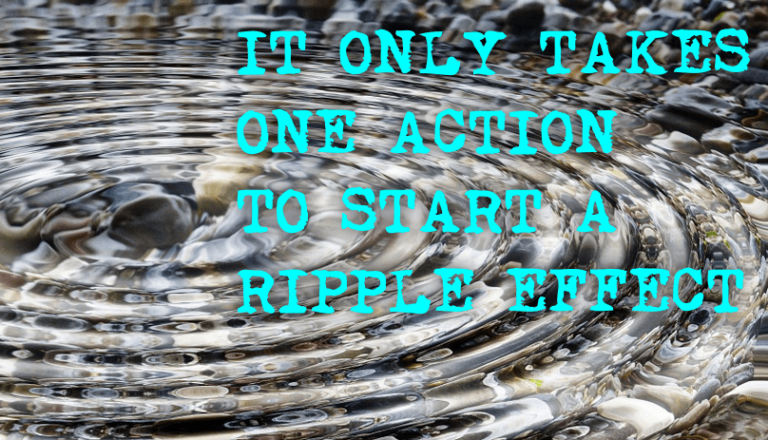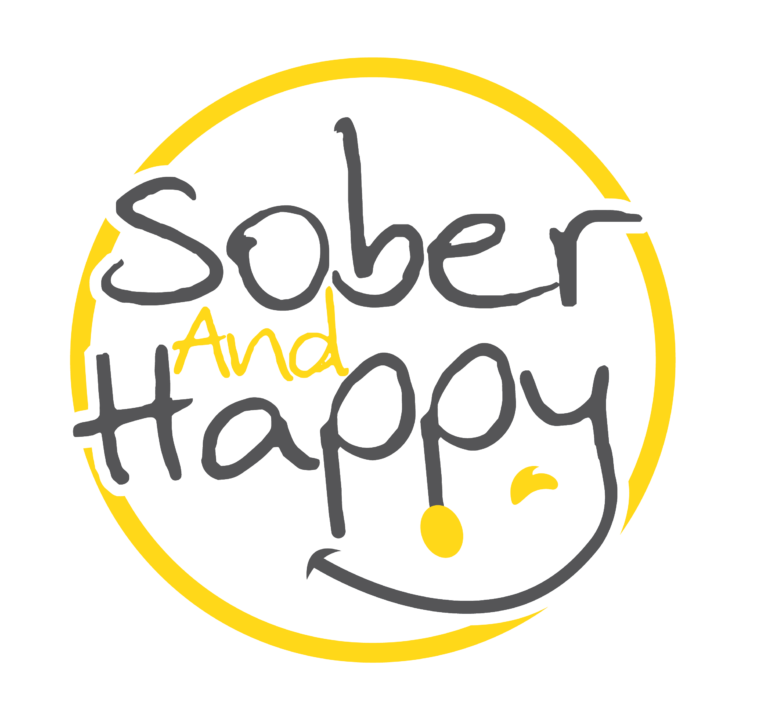

Tim Phillips
I love sharing my journey from being hopeless, to getting sober, to learning how to eventually be both sober and happy. to learning how to eventually be both sober and happy.

For years, I kept my past hidden like a shameful secret, worrying that if people knew the depths of my addiction, they’d see me as weak, irresponsible, or unworthy. Every person I kept my story from only reinforced the shame I carried. But what happens if we let go of that fear and embrace our journey openly? Could speaking up about our struggles help lift the burden of shame—not only for ourselves but for others in recovery, too?
In this article, we’ll examine the barriers of shame and stigma in recovery and explore the powerful freedom that comes when we decide to recover out loud.
Early in my recovery, I found myself at lunch with a coworker when I saw someone from AA in line behind us. Panic filled me. What if she brought up the meeting tonight? What if my coworker finds out I’m in AA? The fears multiplied: If he finds out, he’ll tell everyone at work. They’ll think I’m unreliable. What if I get fired? Although none of these fears came to pass, this moment made me realize how much my shame was holding me back.
Hiding our past doesn’t make it go away. Instead, it keeps us tethered to it. This secrecy holds us down like an anchor, preventing us from confidently moving forward. Dr. Brené Brown, a well-known researcher on shame, says it requires three ingredients to thrive: secrecy, silence, and judgment. We feed these three elements by keeping our past hidden and inadvertently allowing our shame to grow.
As Brené Brown notes, shame is a powerful emotion that makes us feel fundamentally flawed and unworthy of connection. For many in recovery, this is all too familiar. We may see our addiction as a personal failure, something to hide from the world. But it’s this secrecy, silence, and judgment that intensifies our shame, keeping us isolated and, in many cases, at risk of relapse. In recovery, we must recognize that our struggles don’t define us—they are part of our journey.
Keeping our past hidden often stops us from creating authentic relationships. When we withhold parts of ourselves, we’re not truly connecting; we’re only sharing the “acceptable” pieces. My story changed when I finally opened up to a close coworker. His response? “Why didn’t you tell me sooner? I thought we were close.” This is the transformative power of vulnerability: it builds genuine bonds and removes the fear that others will reject us if they see who we truly are.
The stigma around addiction paints it as a moral failure rather than the complex challenge that it is. As a result, many of us hide our recovery journeys to avoid discrimination. However, the best way to fight stigma is through education. When we share our experiences openly, we challenge the misconceptions about addiction and encourage understanding. Rather than reinforcing shame, we’re helping reshape society’s view on addiction and recovery.
For years, I avoided talking about my addiction openly, but eventually, circumstances required me to do so. When a new company was set to take over my workplace, a background check brought my past out into the open. Facing it head-on allowed me to share my story honestly with my boss, who responded with compassion and understanding, opening a door to a promotion instead of shutting one.
This experience led me to question why I was hiding at all. I began to open up more and more, and each time I did, the shame lessened. When I shared my recovery journey with someone like my coworker, it strengthened our connection. When I was honest with others, like a woman I met at a seminar who was struggling with her son’s addiction, it provided her the comfort and hope she needed. Recovering out loud transformed my life, freeing me from shame and strengthening my sense of purpose.
The journey to shed shame and stigma is not quick, nor is it always easy. But letting go of secrecy and embracing authenticity allows us to show up fully in our lives. When we step out from behind the curtain of shame, we become empowered, inspiring others who may still be in the shadows.
If this resonates with you, consider taking a step to recover out loud in a way that feels right for you. Start by sharing your story with someone you trust or joining a supportive group like our community on Facebook. Opening up is not just about releasing your own shame—it’s a powerful way to encourage others to find freedom in their recovery journey as well.
For a deeper look into the process of letting go of shame, tune in to this week’s podcast episode. Learn more about the impact of stigma, and hear stories of how recovering out loud can bring strength, connection, and peace.

I love sharing my journey from being hopeless, to getting sober, to learning how to eventually be both sober and happy. to learning how to eventually be both sober and happy.




Join our mailing list to receive the latest news and updates from our team.






Copyright © 2023 by Sober and Happy. All rights reserved.

Join our mailing list to receive the latest news and updates from our team.